Raise your hand if this has ever happened to you. You’re having a chat with someone about something you’re planning to spend money on. Maybe a holiday or a new laptop. Then, the next time you open the Facebook app, you find an advert for exactly the thing you were talking about earlier waiting for you.
It’s chilling! You’re creeped out! That’s perfectly understandable. It’s enough to make you wonder, is Facebook listening to me? The simplest answer is “no”. Why? Well, Facebook has made an official statement clearly stating that they simply don’t do this. Of course, any good conspiracy theorist wouldn’t be swayed by a mere denial. Of course they’ll deny it.
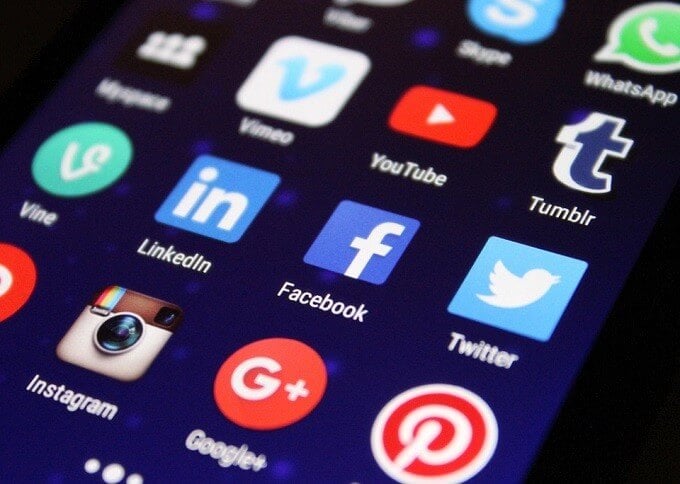
So, let’s take a different approach to this question. Instead of taking Facebook at their word, let’s look at how feasible it would be for them to record, process and mine everyone’s recorded speech in order to provide targeted ads.
First, CAN It Be Done?
The whole premise of Facebook listening to you is moot if it’s a technical impossibility to pull off. However, if you were hoping this is the case, prepare for disappointment.
On paper it’s entirely possible to record someone through their phone’s microphone, process their speech into text and use that text to create targeted advertisements. All the technology needed to do this exists.
After all, we use smart speakers and voice assistants such as Siri and Cortana every day. They are always listening for their trigger words, can accurately transcribe your speech and even “understand” what you’re asking to perform tasks.
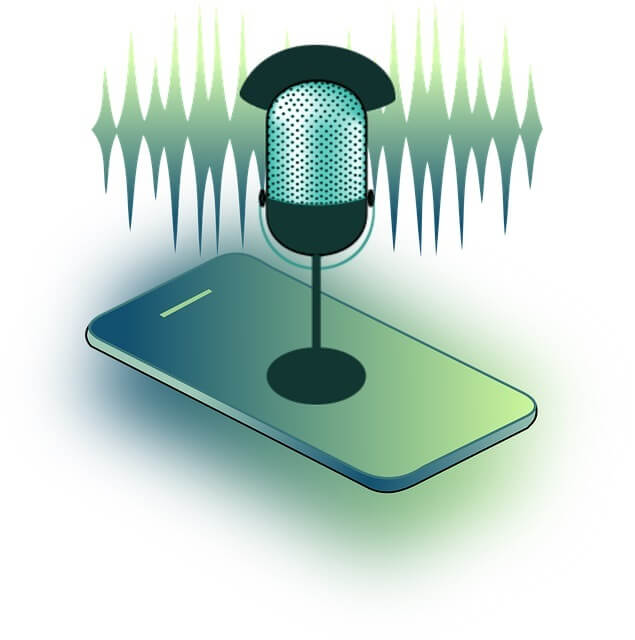
Of course, services like these require quite a lot of cloud-based processing power. When you speak to Siri, your speech is sent to a data center, where powerful server hardware turns it into information the software can understand. This is an important point, because the data center isn’t free.
Every time you use something like Siri or Google Assistant, someone has to pay for it. For an on-demand service such as a voice assistant, this cost is manageable. However, here we are talking about recording and processing hours and hours of speech on the off-chance you’ll get useful information for targeted ads. Advert revenue margins are already razor-thin, which means there’s little if any economic justification for such a project.
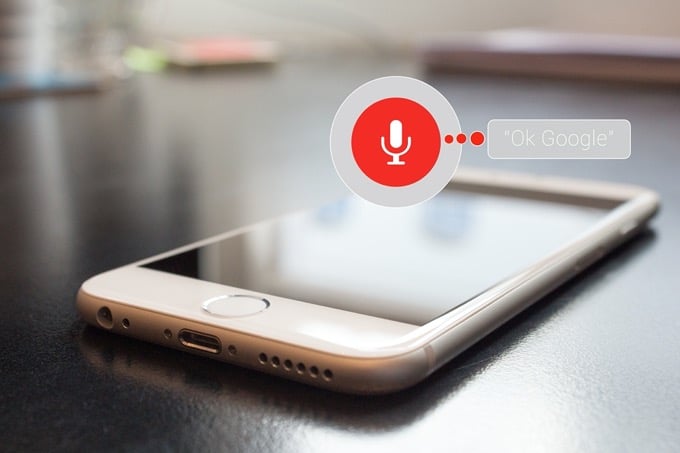
That being said, modern smartphones are powerful enough to local voice processing. Google, as one example, are already offering offline speech recognition on some Pixel phones. Of course, users would quickly notice the battery drain. However, since real-time processing is not needed, phones could quietly process batches of voice data overnight while charging.
This would mean Facebook could get the data for free. Then again, it would be almost impossible for someone not to notice this sort of thing happening and exposing it.
So, the bottom line is that it’s entirely feasible from a technical standpoint, but doesn’t make financial sense to do.
Cui Bono – Who Benefits?
Which brings us to the next big question you should always ask in this sort of situation – who benefits if Facebook is listening? We already alluded to this above, but if the idea is that Facebook makes targeted adverts from this data, how does that benefit them?

For this to make any sense, the targeted ads made from this data would outperform those made the usual way. Since these would cost more to create, advertisers would have to pay more for them as well. Which would imply the existence of a secret advertising tier with substantially better returns.
Once again, someone would have noticed this. Most conspiracies are untenable because they require a large number of independent people to perfectly keep a secret. If Facebook were doing this, you’d expect multiple, independent whistleblowers to come forward. Which simply hasn’t happened in the years this story has existed.
Alternative Explanations

None of the above does anything to erase the core observation that triggered this idea in the first place. Sometimes you’ll get hit with a Facebook advert about something you just had a conversation about. Heck, sometimes you’ll see an advert for something you were just thinking about! Although, thankfully, the idea that Facebook is reading your mind has not yet gained major traction.
So how can we explain this? There are actually more than a few alternative hypotheses. More than we have space for here, but these three are probably the most likely and, sadly, rather pedestrian explanation.
Counting The Hits, Not The Misses
It’s human nature to give more weight to things that are notable than things that aren’t. As a species, we’re actually pretty terrible at estimating things like probability because of this. For example, when deciding whether to buy lottery tickets, people pay way more attention to the one person who wins the jackpot than the millions of people who won absolutely nothing.
Similarly, there’s a good chance that you only notice this Facebook phenomenon because it’s such a weird thing to happen. You don’t recall all the times you opened up the app and didn’t see an advert related to a recent conversation. So, it’s probably just a weird coincidence, but it’s not a totally random one.
Thanks to the way Facebook works, the odds of this sort of thing happening is higher than you think, which brings us to the next alternative explanation.
You Already Gave Facebook The Information
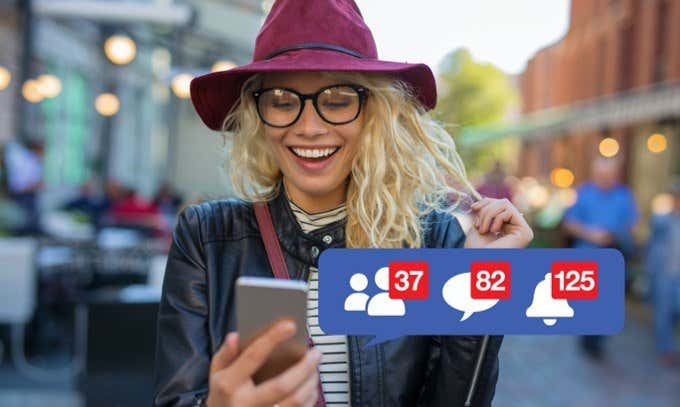
Facebook uses algorithms that take your data and then matches adverts to you. You’ve already willingly given Facebook as much data as it could possibly want. Photos, posts and profile information contains just about every detail about your life. More importantly, Facebook can make inferences about what you’d like to buy based on the behavior of other people.
We’d like to think that we are all unique snowflakes, but in truth if you and a group of other people share similar interests, there’s a good chance you’ll follow their buying behavior as well.
Which means there’s a non-random, non-zero chance that something you’d be talking about with someone will also happen to be a topic or product predicted by Facebook’s software. Which leads to a false positive connection in your brain that one caused the other. Instead, it’s a third factor related to both events.
You’re Tapping Into The Zeitgeist
How much free will do you have? Are your thoughts really your own? OK, let’s not get too philosophical here, but you can’t be sure that your conversation hasn’t been influenced by a larger trend.
We’re more connected than ever and your stream of consciousness is going to reflect the Zeitgeist (spirit of the times) to some degree. In other words, you’re likely to be talking about stuff that’s trending, which also makes it likely that Facebook will provide you with topical ads as well. At some point those two processes are going to intercept, causing a creepy event you’ll remember.
It Doesn’t Mean No One Is Listening!
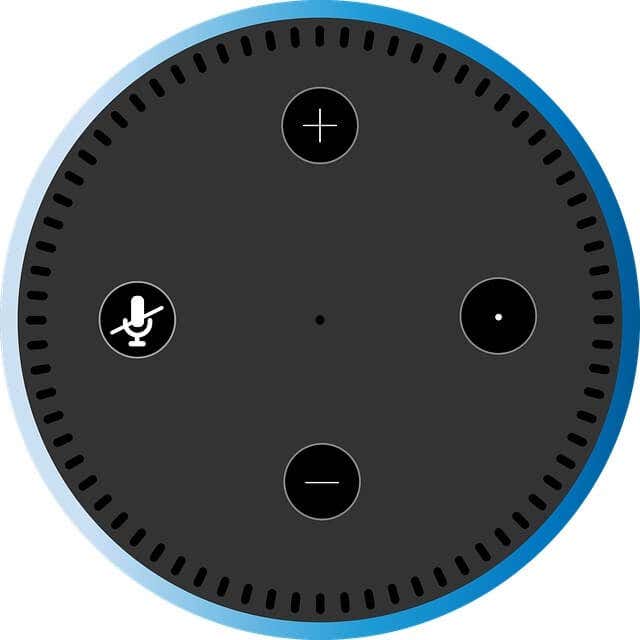
While, most likely, Facebook isn’t recording all your conversations and trawling them for ad keywords, that doesn’t mean someone else isn’t listening. There have already been multiple accounts of questionable practices surrounding devices like smart speakers and smart cameras.
Moreover, government agencies such as the NSA have the money, time and motivation to make this sort of practice feasible. Then there’s the issue of hackers, who can infect your phone with malware and record whatever’s happening around the device.
So while the “Is Facebook listening to me” conspiracy theory is most likely bunk, that doesn’t mean we can sleep on the issue of digital privacy in general. The good news is that the privacy and security measures in smartphone operating systems are improving all the time. Which makes it harder for rogue apps to spy on you.
There is no such thing as perfect privacy or security, but it’s not an all-or-nothing situation either. As for the Facebook conspiracy, we can probably lay that particular concern to rest. At least for now.